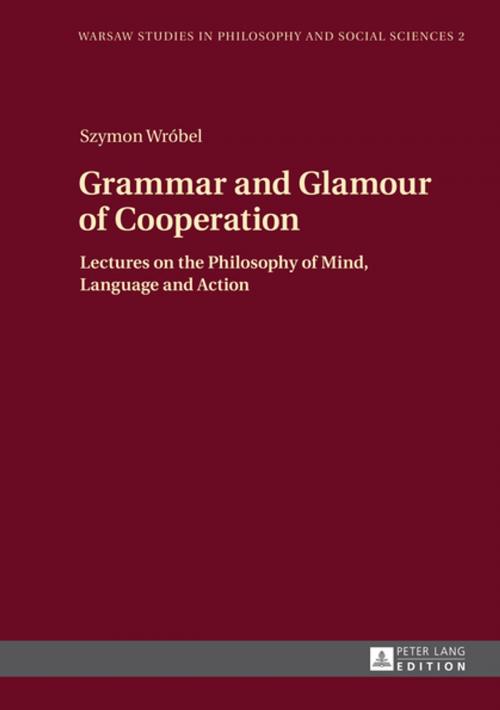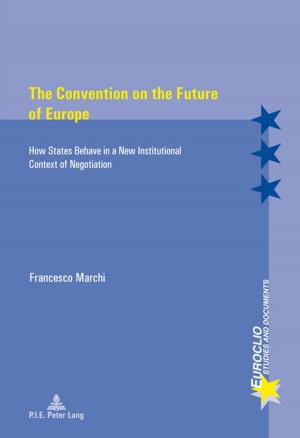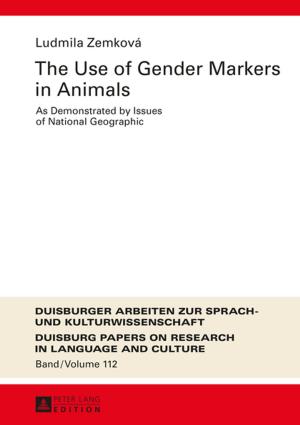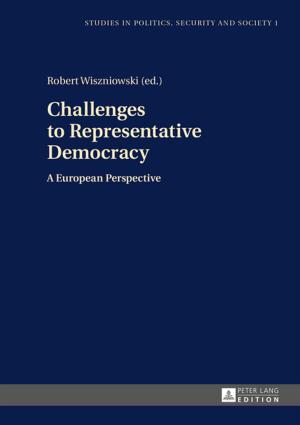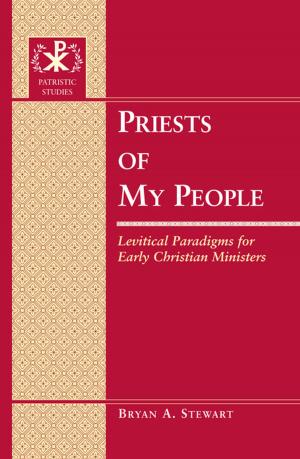Grammar and Glamour of Cooperation
Lectures on the Philosophy of Mind, Language and Action
Nonfiction, Religion & Spirituality, Philosophy, Modern, Reference & Language, Language Arts| Author: | Szymon Wrobel | ISBN: | 9783653987508 |
| Publisher: | Peter Lang | Publication: | May 20, 2014 |
| Imprint: | Peter Lang GmbH, Internationaler Verlag der Wissenschaften | Language: | English |
| Author: | Szymon Wrobel |
| ISBN: | 9783653987508 |
| Publisher: | Peter Lang |
| Publication: | May 20, 2014 |
| Imprint: | Peter Lang GmbH, Internationaler Verlag der Wissenschaften |
| Language: | English |
This book is a collection of essays, weaving together cognitive psychology, psycho-linguistics, developmental psychology, modern philosophy and behavioural sciences. It raises the question: how does grammar relate to our remarkable ability to cooperate for future needs? The author investigates the interconnections between the mechanisms governing cooperation and reciprocal altruism on the one hand and the capacity to generate an infinite range of expressions from a finite set of syntactically structured elements on the other. Based on these premises, the specific character of cognitive explanations, possible architectures of mind, non-formal grammar and tacit knowledge are explored. Furthermore the author deals with the role of conceptual representations in explaining grammar, the modular structure of mind and the evolutionary origins of human language ability and moral authority.
This book is a collection of essays, weaving together cognitive psychology, psycho-linguistics, developmental psychology, modern philosophy and behavioural sciences. It raises the question: how does grammar relate to our remarkable ability to cooperate for future needs? The author investigates the interconnections between the mechanisms governing cooperation and reciprocal altruism on the one hand and the capacity to generate an infinite range of expressions from a finite set of syntactically structured elements on the other. Based on these premises, the specific character of cognitive explanations, possible architectures of mind, non-formal grammar and tacit knowledge are explored. Furthermore the author deals with the role of conceptual representations in explaining grammar, the modular structure of mind and the evolutionary origins of human language ability and moral authority.
